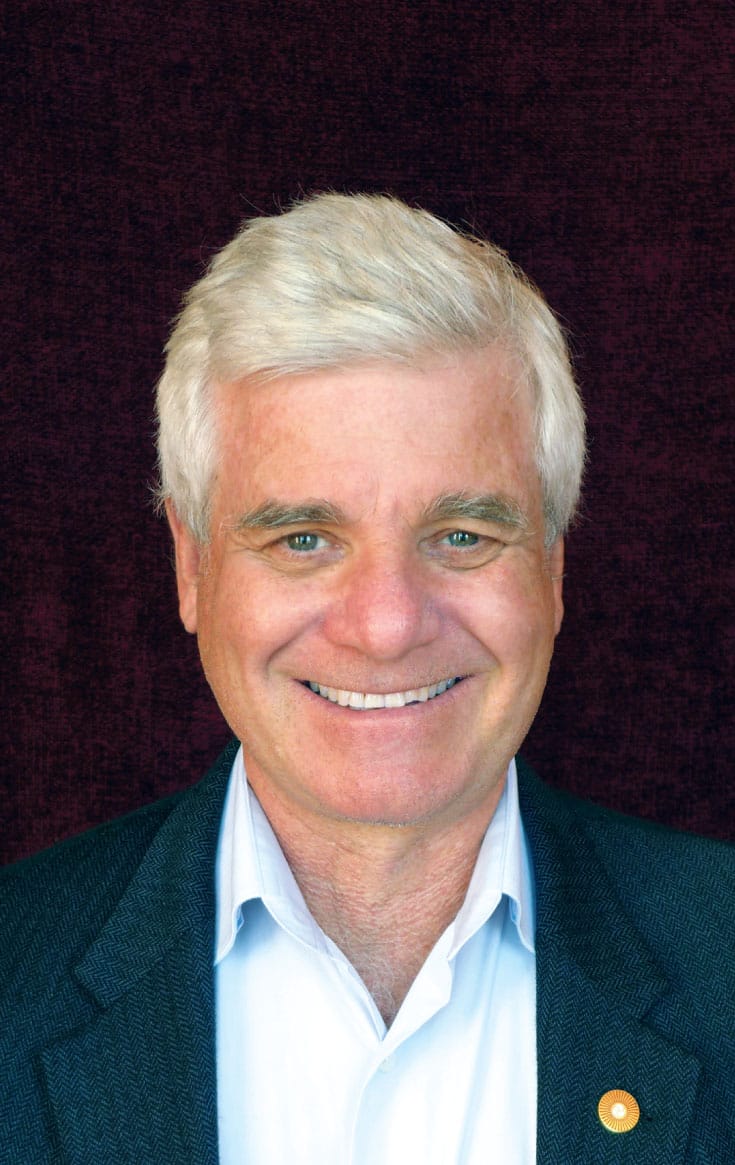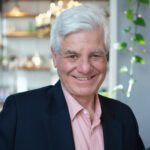Our editor-in-chief shares his admiration for the varied voices of Buddhism in today’s twenty-first century world.
As the religion without God, Buddhism has always been about people. The Buddha was a person who recognized the suffering of life and sought its end. He taught what he discovered to other people, who in turn taught others.
So it has continued for 2,600 years, a living lineage of meditation and wisdom handed down from one person to another. Each generation has sincerely practiced what they have been taught, adapting Buddhism’s universal truths to their own time and society. To the extent that Buddhism has a canon, it is nothing more—and nothing less—than a written record of human wisdom and insight.
Lion’s Roar is about people too. It’s about the many voices of Buddhism today—their insight, diversity, and compassion.
Buddhism today is rich and exciting, full of intellectual and spiritual ferment. Buddhists are exploring new ways to apply the deep truths of dharma to the individual and collective challenges of life in the twenty-first century. As I look at this, the second issue of Lion’s Roar, I am awed by the rich, wise, and courageous voices of Buddhists today. They have so much to offer us and the world.
Diversity means we can share the insight that comes from many different experiences of life. It doesn’t just mean representation—it means really learning from each other. There is so much I have learned from this issue.
From Pamela Ayo Yetunde, I have learned to think of the Buddha’s life in new ways. She challenges the traditional narrative and suggests some new stories more relevant to the age of #BlackLivesMatter.
From Zen teacher Jules Shuzen Harris, I have learned to question my own cultural comfort zone. He draws on his experience as an African-American Buddhist teacher to show us the power of Buddhism’s deep psychological insights to address important social problems.
Jack Kornfield and Trudy Goodman are leaders of American Buddhism’s pioneer generation. They are wise elders—drawing on the best of East and West—passing on what they have learned through decades of Buddhist practice.
Zen teacher Norman Fischer draws on his own life experience in a thoughtful essay on a seldom-discussed topic: the value of spiritual friendship. Mark Unno writes movingly on the first anniversary of his father’s death and reveals the deep heart of the Shin Pure Land tradition. Australian monk Ajahn Brahm offers us a look into modern Theravada practice with his personal take on loving-kindness practice. Robert Langan draws on Buddhist and psychoanalytic teachings to explain America’s distressing political climate.
A young British man—and one of the world’s biggest movie stars—talks about the leading role Buddhism plays in his life and career. And ten film and television insiders—from bell hooks to Jeff Bridges—show us why movies are such a powerful way to tell important spiritual stories.
These are the many voices of Buddhism today. This is Lion’s Roar.

